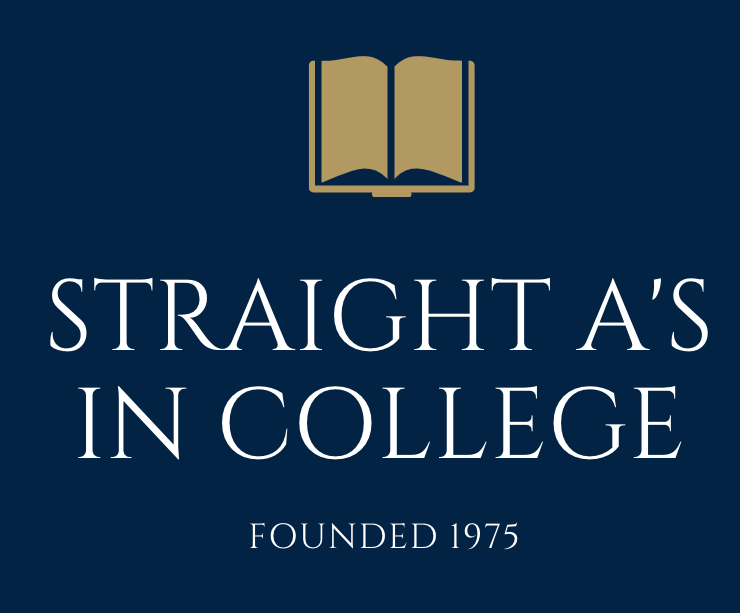Photo courtesy of Inaki Del Olmo/Unsplash
Perhaps the first barrier to being successful in school is whether or not you believe–truly believe–in the value of being educated. Surprisingly, not everyone does–only about half the American population does, according to a 2019 poll–there are many who are completely content to do any number of service industry or laboring jobs where learning what you need to know is essentially on-the-job training. And there are many who will claim that having a degree doesn’t train you for a job in most cases–you will be just looking for a job anyway on graduation, just like high school. And of course, there are many who do not attach much value in increasing a knowledge base at all, especially if it has questionable relevance to everyday existence. After all, living a life is going to provide us all experiences from which to learn and grow the practical wisdom necessary to survive, while, by comparison, post-secondary education is more esoteric, more time-consuming, and certainly more expensive–indeed a luxury beyond reach for many. So it becomes easy to see how the path of least resistance–the quick access to a pay-check in return for menial work for entry-level pay–pull at all of us when we leave high school.
To that end, there are hundreds of notable college dropouts who have become extremely successful, like Apple’s Steve Jobs, Google’s Larry Ellison, Facebook’s Mark Zuckerberg, and Microsoft’s Bill Gates. And there are many significant others who did not even get past high school–like John D. Rockefeller and Henry Ford–so it is clear that you don’t need a college education to be successful. However, these isolated success stories do not constitute proof that college degrees are a waste of time. These examples are, in fact, in a clear minority–only about 6% of some 12,000 leaders studied in the USA had not gained a college degree. These billionaires all had visions that were actually well ahead of their time, and many of them recognized for their significant contributions to their respective fields (with honorary degrees), using their self-directed knowledge bases.
Parental experiences with the value of education strongly influences what kids do after high school. Not surprisingly, if post-secondary education is consistently embraced, you will more likely approach post-secondary education positively. Conversely, if you have seen how hard a family member has worked for decades at manual labor or unglamorous service work at minimal or modest pay levels, there too may be the seeds of the motivation to consider higher education. How many of those cornered in a job that has, as its only attribute, a pay-check, have loudly espoused to their younger family members to “get an education so you won’t wind up like me”?
With so many perspectives on the value of education, it is easy to be motivationally ambivalent about pursuing post-secondary education at all, much less becoming committed to doing well in it. Unfortunately, this ambivalence can sufficiently undermine a successful run at post-secondary studies, just like ambivalence can keep a smoker from quitting. And given how many more stressors come along once college studies start, there are even more factors to undermine a tenuous belief in education. You have to endure years of study, living like a pauper, going into debt, even delaying your independence from your parents while pursuing an uncertain path to a better career, or at least a more meaningful life. For many, the choice is clear, and for many others, the ambivalence persists, and even worsens. Is it worth the struggle? Do I have what it takes anyway?
Having a positive, educated mentor or role model may be a key to getting past some of these humps. For others, it may simply be a year of working for a living, especially if the work is physically demanding, dangerous, demeaning, or undervalued, both by those who expect you to do it and by the pay level that you are doing it for. For others still, there are some pretty clear statistics to help replace ambivalence with determination.
So here, once again, are the facts: If you are not already aware, having good grades in college and university significantly increases your chances of financial success, a stable income, a career (more than just a job), better health, and even improved self-esteem. These outcomes are all based on the increasing likelihood that good grades will, first of all, increase your chances of completing a diploma and degree programs, since you would be less likely to fail a course or maintain a required standard for passing. And of course, good-to-excellent grades would enhance being eligible for advanced and professional degrees, such as in law, medicine, engineering and accounting, all of which would significantly improve your income stream and your options in life, let alone the enhanced respect and increased self-esteem that would necessarily follow. First, for those in the 25 to 34-year-old category, not only are you more likely to have full-time work with a bachelor’s degree than someone who is only high-school (or less) educated, your median income is on average 57% higher. And if you had a master’s or higher degree, your median income would be a further 19% higher. At the end of the day, would you prefer a job or career? Given that surveys suggest that only about 10% of the population love their jobs, whereas this number is much higher among those with careers, which would you choose? For most, being happy seems to be the better goal.


